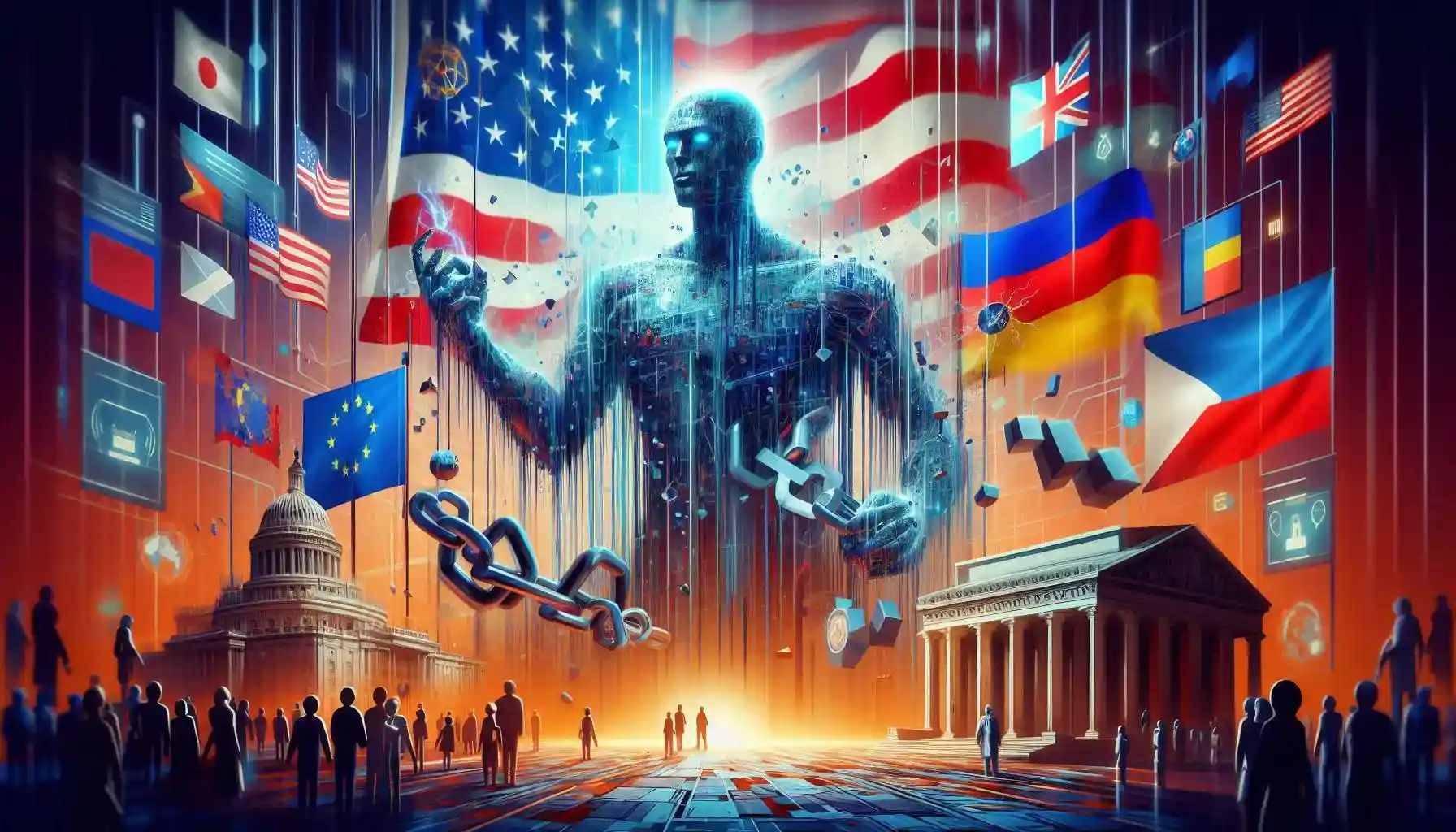Erosion of Sovereignty
Artificial General Intelligence (AGI) and the AI Singularity are often discussed by experts. However, a more pressing issue that requires attention is the centralized AI monopoly, or “Big AI,” and its implications for sovereignty, agency, and the social contract.
If AI becomes another Big Tech oligarchy like cloud platforms, it could signal the end of sovereignty for nation-states worldwide. Cloud platforms are static, inert infrastructure with the primary risk of being “de-platformed.” However, alternatives usually exist if one is willing to pay the price.
Big AI presents a different challenge. States could face a de facto abdication to Big AI models—culturally, linguistically, socially, and economically. This shift would lead to the loss of sovereignty over economic, political, and military outcomes. Without AI sovereignty, digital sovereignty and national integrity are compromised. Nations must build, host, and govern their sovereign AI to defend their interests on the global stage.
Disruption of the Social Contract
Big AI claims that all internet content is “free” for training their models without compensating the creators. They argue that the disappearing jobs were unnecessary. This oligarch-level hubris is akin to saying, “Give them UBI,” echoing the phrase “let them eat cake.”
Universal Basic Income (UBI) is no silver bullet. The phenomenon of “surrogate activity,” observed during recent economic assistance efforts, showed the side effects on traditional and crypto markets. Generative AI has the potential to reshape knowledge and service workers, similar to how the Industrial Revolution affected blue-collar workers. Today, the knowledge and service worker economies drive the developed world’s economic machine.
In the knowledge worker sector, a Great Divide will emerge. Those who leverage AI to enhance their skills will thrive, while those who rely on AI may risk being furloughed. Junior-level workers are particularly at risk as middle management bypasses less-experienced employees, fast-tracking activities with generative AI. Pointing to UBI as the sole solution is disingenuous.
Erosion of Agency
In Hegelian tradition, human agency arises from aggregated human behavior and choices, influencing one’s life. Agency is crucial for societal health and well-being. Young people with a strong sense of agency handle adulthood’s challenges more effectively, displaying resilience, resourcefulness, purpose, and self-esteem.
However, as young people increasingly rely on Big AI for homework, companionship, and mentorship, human agency erodes. The convenience offered by AI in relationships and task completion is tempting but detrimental to the social fabric’s health and wellness. Tools historically supported and enhanced agency, but Big AI supplants and displaces it.
Future Directions
Big AI paves the way for a modern-day digital Leviathan, raising questions about the endurance of the social contract, the relevance of human agency, and the future of local sovereignty. Is there an alternative?
Yes, there is. It begins with rejecting the centralized oligarchy of Big AI, committing to a future where AI remains a tool, and taking responsibility for shaping our tools rather than letting them shape us..
The post Big AI: A socio-economic rubicon crossing appeared first on CryptoSlate.















